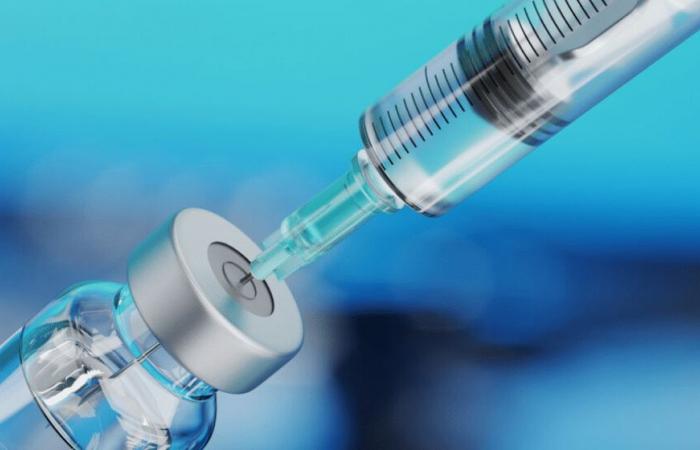The distribution programs for sterile injection equipment risk ending in January due to the absence of a Brussels government and the renewal of certain budget lines, warns the bxl feda, the Brussels federation of institutions specialized in this field, on Tuesday. drugs and addiction.
Stopping distribution programs for sterile injection equipment could lead to a socio-health crisis in terms of transmission of the human immunodeficiency virus (HIV) and hepatitis, the organization warns.
Féda bxl points out that sharing used equipment is one of the main risk factors associated with drug consumption. Access to sterile equipment has largely helped limit these risks, especially for the spread of infectious diseases such as HIV and hepatitis C, adds the federation. A legal framework extended to the associative fabric has protected the distribution of syringes in Brussels since 2000. But without a regional government and without renewal of budgets, the distribution programs will end from January, worries féda bxl. She calls on regional public authorities to take “urgently the full extent of the potential health disaster announced”.
She emphasizes that these programs for access to sterile consumer equipment have demonstrated their effectiveness but also their profitability, thanks to savings on treatment costs by preventing contamination. “Access to sterile equipment also represents a fantastic opportunity to connect with at-risk, vulnerable and marginalized people”adds the federation. “Front-line services and associations rely on this material to welcome, support and direct people towards care trajectories, treatment and inclusion programs.”
The Brussels Region has 21 distribution access points for sterile consumer equipment. According to feda bxl, this represents more than 22,000 contacts, concerns more than 2,000 people per year and requires an annual equipment purchase budget of around 150,000 euros.
Belgian
Health






